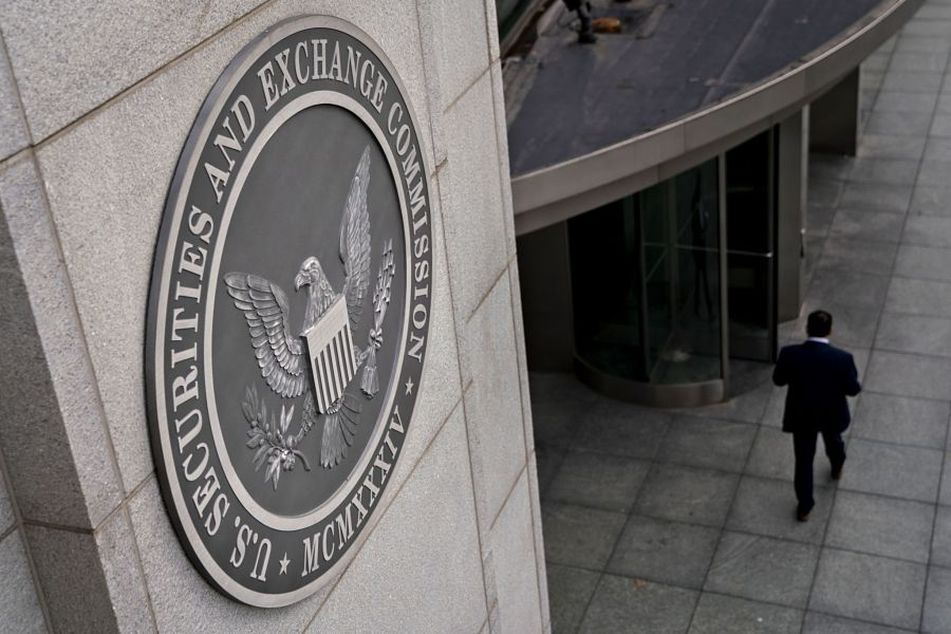Former SEC lead crypto enforcer clarifies agency’s stance on cryptocurrencies, denying any anti-crypto agenda.

Former chief crypto enforcer at the U.S. Securities and Exchange Commission (SEC), Ladan Stewart, has recently clarified the agency’s stance on cryptocurrencies by asserting that it does not have an anti-crypto agenda.
Stewart, an individual with over eight years of experience in the SEC’s Division of Enforcement, imparted her insights and knowledge regarding the commission’s strategy for overseeing this industry undergoing rapid change.
While employed by the firm, Stewart oversaw the specialized crypto litigation unit, which handled high-profile cases against significant entities such as Ripple and Coinbase. She emphasized that the SEC maintains a technologically neutral stance and is solely concerned with safeguarding the interests of investors.
Stewart argues that the fundamental argument is that investors ought to be furnished with adequate disclosures regarding the potential hazards associated with crypto investments.
Stewart emphasized that the SEC’s regulatory actions were not intended to stifle innovation but to ensure a secure investment environment. By providing transparency and enforcing compliance, the SEC attempts to protect investors from the inherent dangers that characterize the cryptocurrency market.
A former attorney for the SEC emphasized the importance of a regulatory framework that is comprehensive, transparent, and conducive to both development and safety.
The discourse has frequently been overshadowed by apprehension that severe penalties could stifle innovation within the United States. On the contrary, Stewart maintains the viewpoint that SEC disclosures serve the purpose of investor protection and market stimulation.
Additionally, she underscored the significance of ongoing communication and collaboration between regulatory bodies and the cryptocurrency community, which aids in resolving regulatory conflicts.
After concluding her term with the SEC, Stewart entered private practice, where she rose to a partner position at White & Case LLP. She is committed to her new role of guiding cryptocurrency firms through the complexities of U.S. legislation.
Her goal is to aid these organizations in finding a balance between fostering innovative expansion and adhering to legal requirements. Stewart’s transition to the private sector demonstrates her continued confidence in the potential benefits of blockchain technology, and her resolve to facilitate its integration into the financial industry.
Stewart emphasized during discussions on the future of cryptocurrency regulations the significance of implementing measured enforcement actions against intermediaries, including exchanges and token issuers.
Additionally, this approach ensures a more extensive impact on market practices and simultaneously addresses multiple facets of the industry.
Through her astute observations, enforcement strategies have transformed, shifting their emphasis from exclusive issuers to significant trading platforms, which hold a critical position within the cryptocurrency ecosystem.
